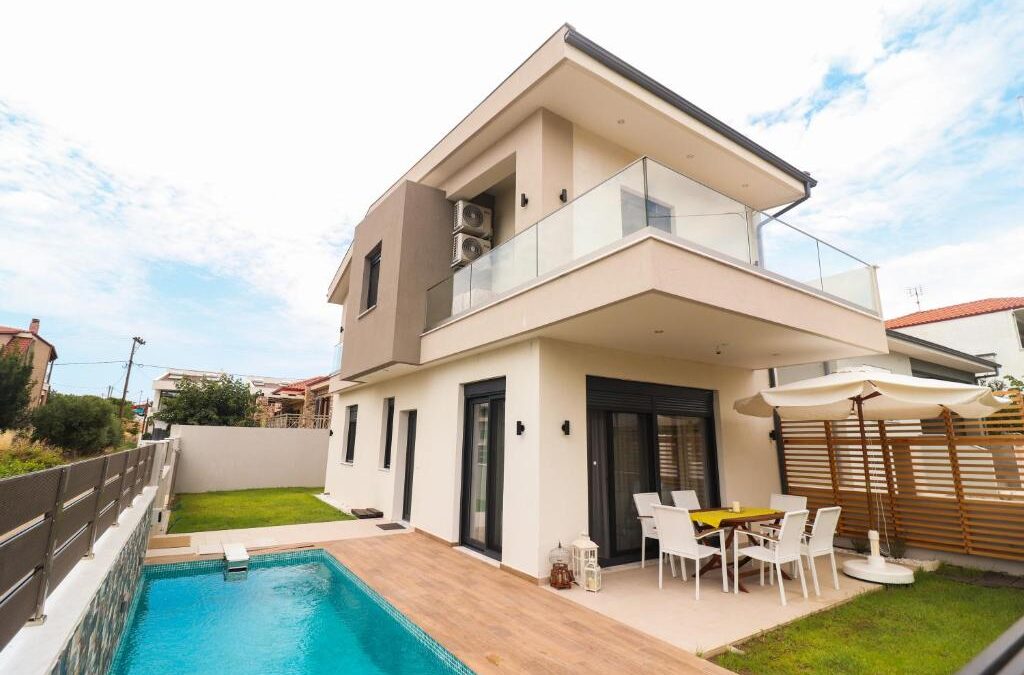Swimming pools are fantastic additions to any home, offering a place for relaxation, exercise, and fun. However, owning a pool comes with responsibilities, particularly in maintaining its components. One of the key components is the pool pump. Understanding how long do pool pumps last is crucial for efficient pool management.
Typically, a well-maintained pool pump can last anywhere from 8 to 15 years. But various factors like the brand, usage, and maintenance practices play essential roles in this lifespan.

Factors Affecting Pool Pump Lifespan
Several elements impact the longevity of a pool pump. Below, we explore significant contributors.
Quality and Type of Pool Pump
One of the biggest factors is the quality and type of the pool pump. High-quality brands usually offer longer-lasting products. Additionally, the model and technology used affect durability. Variable-speed pumps often outlast single-speed pumps due to less wear and tear on the motor.
Installation and Usage
Correct installation is crucial for prolonging the life of your pool pump. Incorrect setup can lead to unnecessary strain on the system. Moreover, the frequency and conditions under which the pump operates also matter. Consistent daily use can reduce lifespan compared to seasonal usage.
Maintenance Practices
Regular maintenance is vital to ensure a pool pump remains in peak condition. This includes cleaning the pump basket, checking for debris in the impeller, and ensuring proper ventilation around the pump.
Signs Your Pool Pump Needs Replacement
Recognizing when a pool pump is failing can save time and costs. Here are some indicators:
Unusual Noises
If your pump is making excessive noise or strange sounds, it might be time for a professional inspection. This can indicate worn-out bearings or a failing motor.
Leaks
Leaks are a clear sign of wear. Consult a professional to assess the severity and possible solutions.
Decreased Performance
If your pool pump is no longer efficiently circulating water, it may be nearing the end of its service life.
Extending the Life of Your Pool Pump
To maximize the lifespan of your pump, follow these guidelines:
Regular Inspections
Schedule regular inspections each season to spot issues early.
Proper Ventilation
Ensure the pump has adequate airflow to prevent overheating, which can significantly reduce its longevity.
Avoid Overworking the Pump
Set timers to run the pump during off-peak times and adjust these based on pool usage.
The Economic Benefits of Pool Maintenance
Keeping a smooth-running pool system not only extends your equipment’s life but also adds value to your home. According to real estate experts, a well-maintained pool can significantly increase property value, making a strong case for investing in quality maintenance.

FAQ
What affects the lifespan of a pool pump?
The main factors include the type and quality of the pump, installation practices, usage patterns, and maintenance routines.
How can I make my pool pump last longer?
Ensure regular maintenance, proper installation, and correct usage patterns in terms of timing and frequency.
Are variable-speed pumps better?
Yes, they are generally more efficient and tend to last longer due to reduced stress on the motor.
By understanding how long do pool pumps last and adopting best practices for upkeep, pool owners can enjoy extended usage and value from their investment. Consider consulting a professional for tailored advice on maintaining your pool systems. For further insights, you might explore how advanced sensor technology helps manage pool health through innovations like the WaterX System.
This article contains affiliate links. We may earn a commission at no extra cost to you.

